Paddling in Organizational Whitewater: Is it Technical Skills or Wisdom that you Need to Lead?
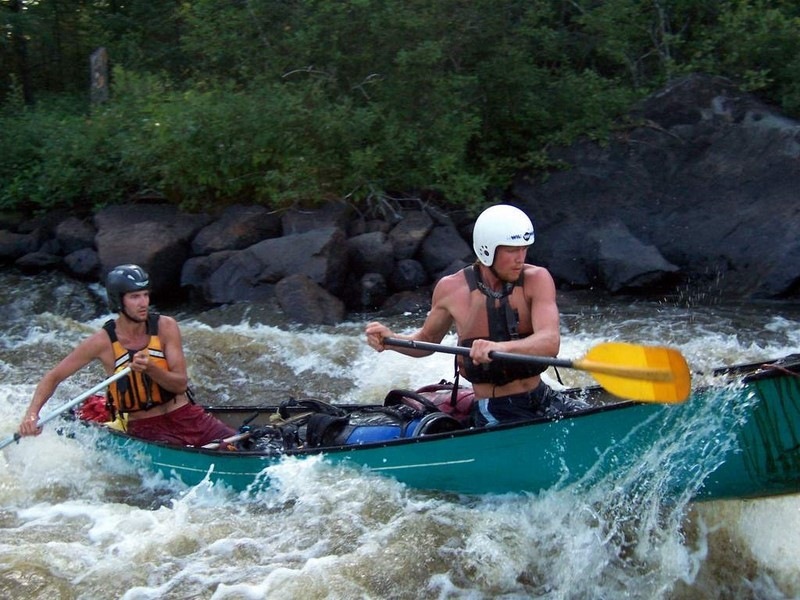
There’s no shortage of advice from the self-appointed experts and countless writers on leadership. Everyone has their own angle or perspective. The purpose of this post is to zoom in on one particular aspect of leading people during what can be described as organizational whitewater. I’ll use one analogy as an illustration.
First, however, let’s look at how new university graduates from business schools have been set up for failure as leaders when they enter the real world. While a few management writers over the past few years have noted this problem, McGill University management guru Henry Mintzberg has consistently hammered away at it.
Management and leadership are intertwined. Mintzberg explains that leaders cannot be “trained” in MBA programs; it comes only with experience – falling down, picking yourself up, learning from the experience, and then moving forward.
What has occurred in the business world is that new grads don’t possess the contextual knowledge and life experiences to handle complex problems. Yes, they’ve acquired technical skills and a foundation for building their careers, but to say that they’re ready for dealing effectively with inter-related issues affecting, for example, suppliers, customer needs, unions, staff relationships, foreign partners, and production schedules is unrealistic.
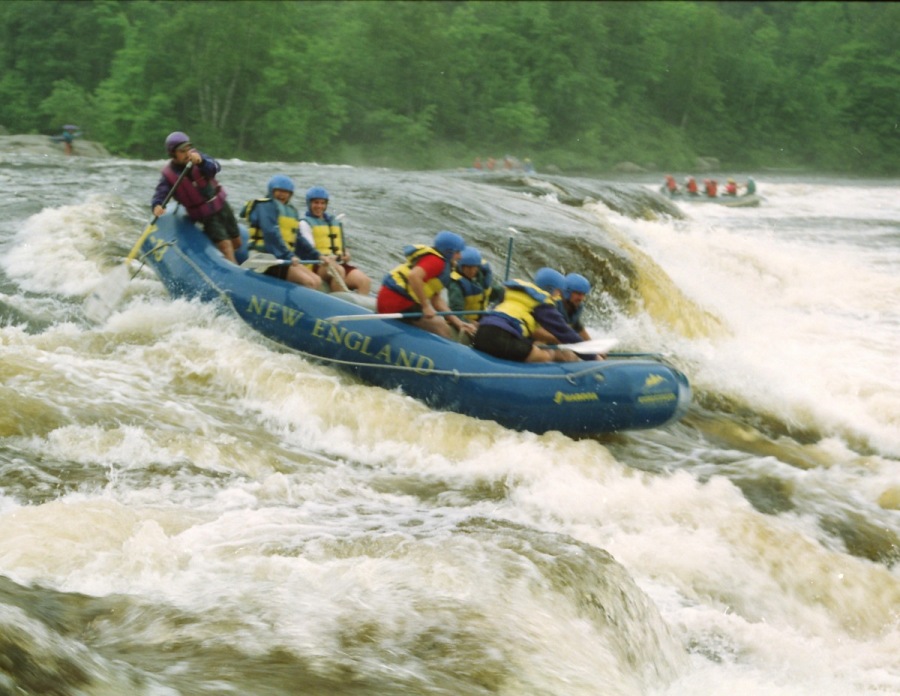
In my younger years (30s and 40s) I was very heavy into outdoor recreation. One activity I loved was whitewater canoeing (I tried kayaking but didn’t like it as much). I was fortunate to have excellent instructors, fellows in the 40s, who had been paddling for over 20 years. They were masters at what they did. It was inspiring to watch them navigate whitewater, displaying not just power but more importantly grace and wisdom. It’s not about brute strength when whitewater canoeing or kayaking. Obviously, a certain measure of technical skills is required to become proficient in the sport; however, it’s only one component of a bigger picture.
The same applies to organizations. A manager cannot expect to just force his or her ideas and will upon others. While technical skills are important, such as what was learned at business school (e.g., accounting, quantitative methods and marketing), to effectively lead people requires accumulated knowledge and wisdom.
One of the most important things I learned from my canoeing instructors was that while you could learn technical skills fairly quickly, it took years and years to build a knowledge base from your experiences. For example, there have been numerous news stories on young paddlers (typically males) who became technically proficient in handling a canoe or kayak but ran into serious problems when they got in over their heads. They didn’t understand well enough how to read a river or to take the time to map out a route, including identifying hazards (e.g, partially submerged logs). Patience is what’s critical here, and a measure of humbleness knowing that Mother Nature deserves respect.
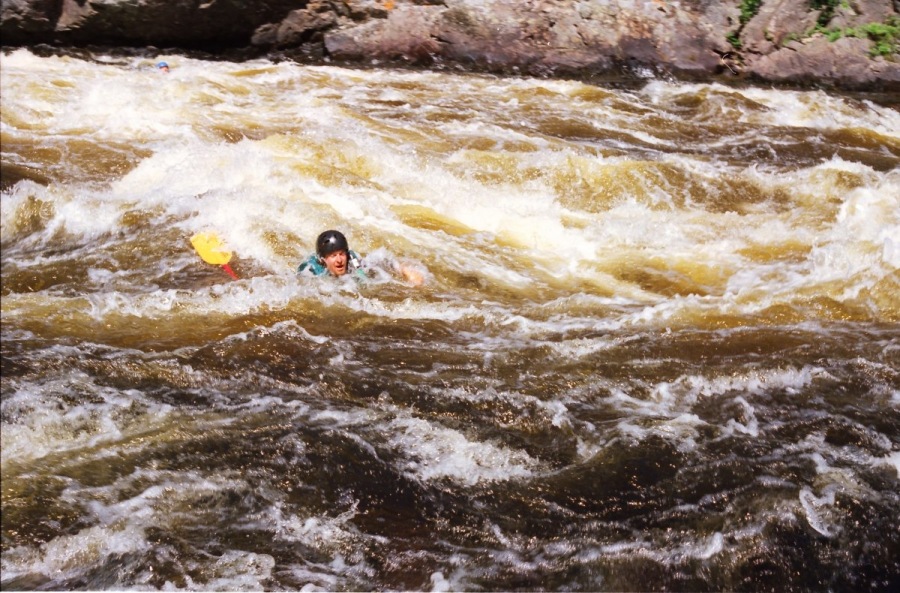
In the context of today’s organizational whitewater, the message for new and less experienced leaders is to be humble, watch and listen for the signals, and learn from your experiences. Of particular importance is to practice patience. Do this and you’ll emerge at the other end of the whitewater a better leader and intact.
Photos by Jim Taggart (Penobscot River, Maine).
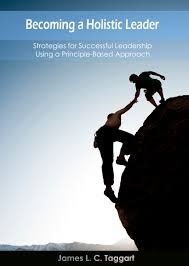
""""
Articles from Jim Taggart
View blog
We’ve all had good bosses, and more likely bad bosses that outnumber the former. This post is a more ...

Teamwork is talked about widely in organizations, but often with little understanding of what it mea ...
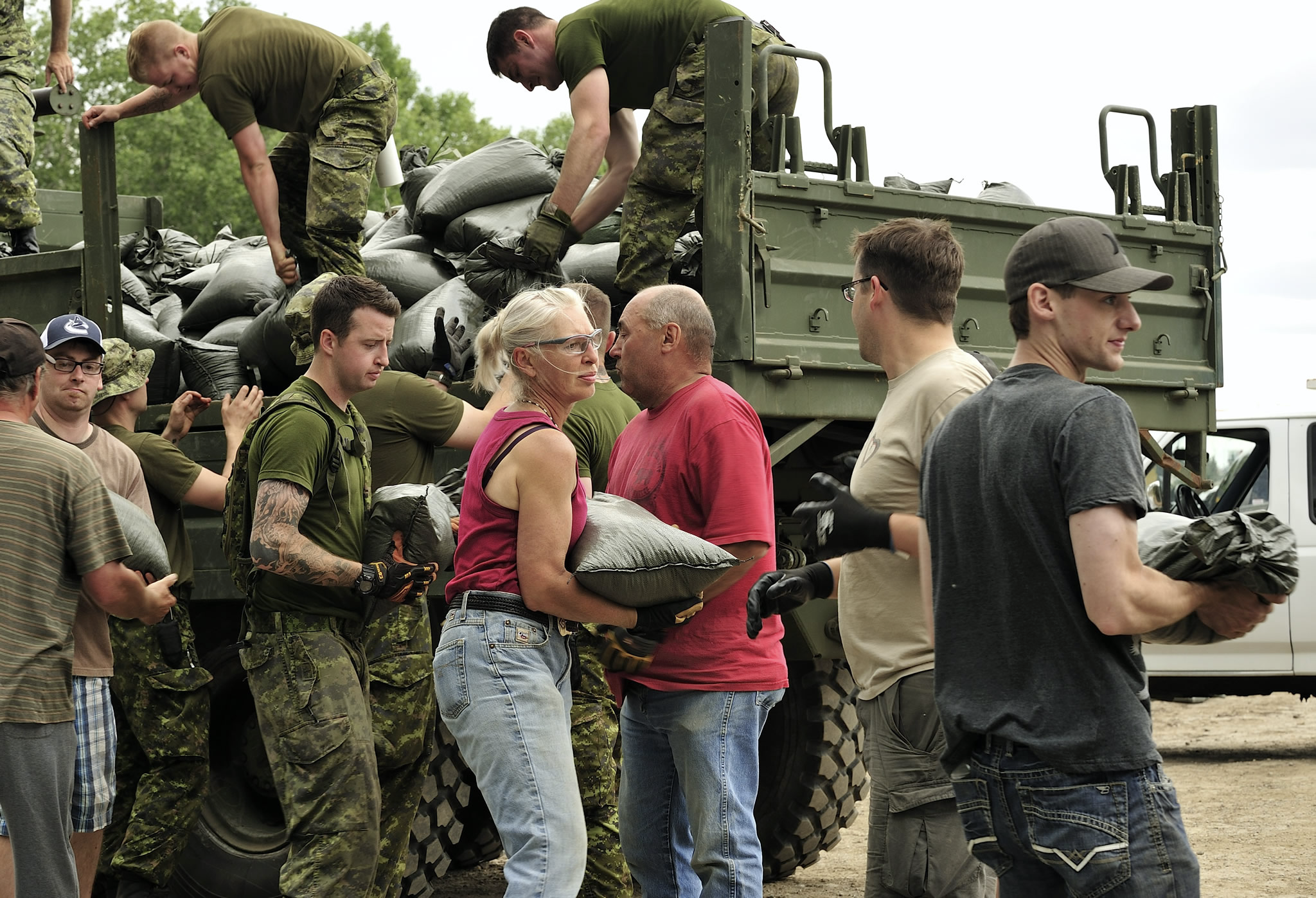
My recent posts explored what it means to be a team, the five levels of teamwork, how to build perfo ...
You may be interested in these jobs
-
Sr. Dialer Analyst
Found in: Talent CA C2 - 5 days ago
Rogers Communications Boisbriand, Canada Full timeAt Rogers, we put our customers first in everything we do We're growing our Customer Experience teams and are looking for team members who are committed to showing our customers and Canadians that we are with them all the way. Our Customer Experience team is enthusiastic, empathe ...
-
Sr. Administrative Coordinator, Member Services
Found in: Talent CA C2 - 2 days ago
First Nations Health Authority West Vancouver, Canada Full timeFNHA Overview · About us · The First Nations Health Authority is a diverse and transformational health organization of professional, innovative, and dedicated team members and leaders. · The first of its kind in Canada, FNHA works as a health-and-wellness partner with BC First ...
-
cashier
Found in: Talent CA 2 C2 - 10 hours ago
LIQUOR DISCOUNTER EDMONTON TRAIL Calgary, CanadaEducation: · Expérience: · Education · No degree, certificate or diploma · Tasks · Operate cash register · Process money, cheques and credit/debit card payments · Scan items · Tabulate total payment for goods or services required · Receive payment for goods or services · Calcul ...



Comments
Jim Taggart
6 years ago #1
Henry Mintzberg is a keen observer of managerial leadership, and one of the few knowledgeable experts with solid empirical research under his belt.